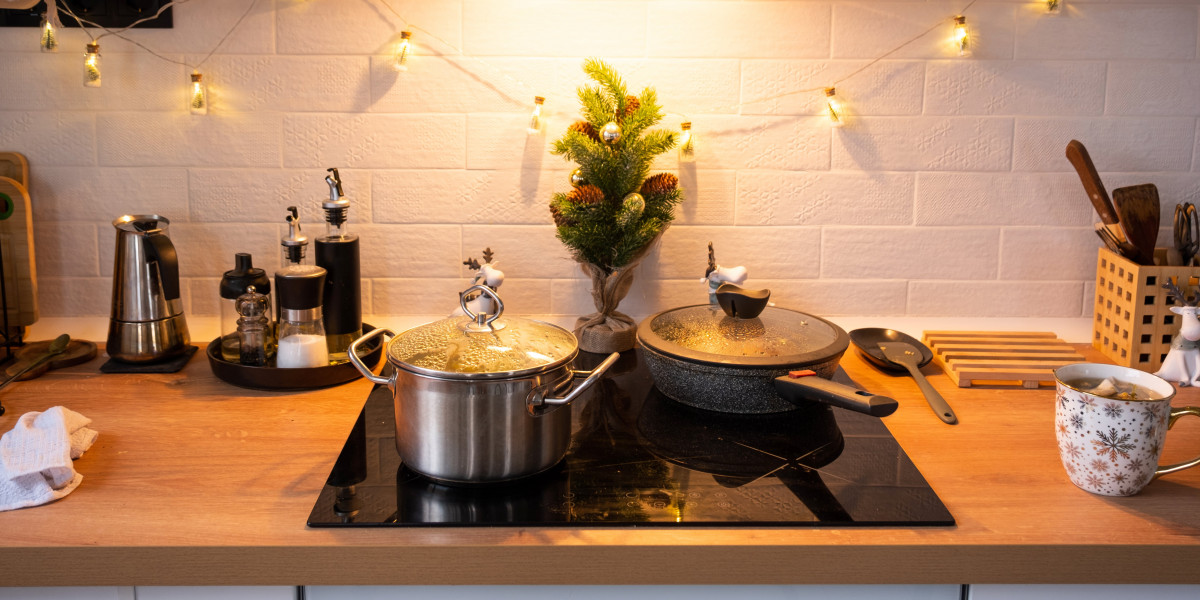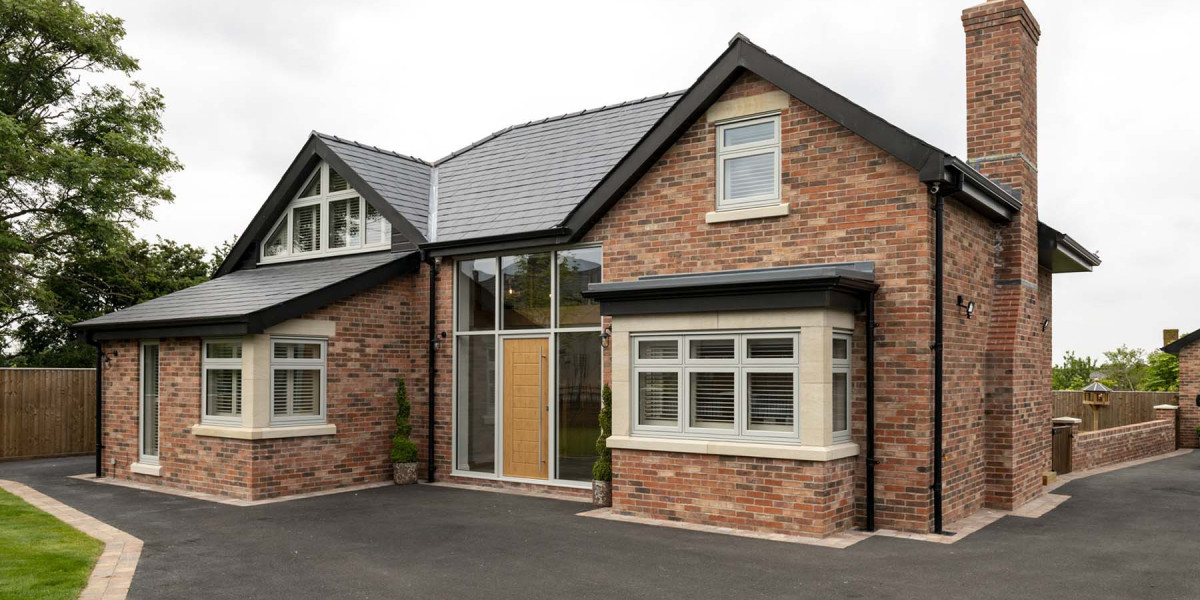The Modern Kitchen: A Guide to Built-In Ovens and Hobs
In today's hectic world, where cooking has become a creative outlet and an important part of daily life, having the ideal kitchen appliances is crucial. Amongst these, built-in ovens and hobs stick out as favorites in modern cooking areas. This post aims to check out these appliances in depth, discussing their benefits, types, installation options, and essential pointers for picking the very best designs for your kitchen.
Understanding Built-In Ovens and Hobs
What are Built-In Ovens?
A built-in oven is a home appliance that is designed to fit effortlessly into kitchen cabinetry, supplying a clean aesthetic in the kitchen. They vary from freestanding ovens and are understood for their flexibility, available in different sizes and performances. Built-in ovens can be electric, gas, or even steam ovens, making them appropriate for various cooking designs.
What are Hobs?
Hobs, also called cooktops, are the flat cooking surface areas normally located on the countertop. Like ovens, hobs can be found in numerous kinds, consisting of gas, electric, induction, and even integrated designs. Their compact nature enables flexibility in kitchen designs and styles.
Table 1: Comparison of Built-In Ovens and Hobs
| Function | Built-In Oven | Hob |
|---|---|---|
| Setup Type | Integrated into kitchen cabinets | Set up on counter top |
| Cooking Methods | Baking, roasting, steaming | Boiling, frying, sautéing |
| Types | Single, double, combination | Gas, electric, induction |
| Aesthetic appeals | Modern, streamlined styles | Numerous surfaces readily available |
| Control | Digital shows, handbook | Knob or touch control |
| Expense Range | Mid to high-range | Wide, depending on type |
Benefits of Built-In Ovens and Hobs
Aesthetic Appeal
Built-in ovens and hobs contribute substantially to a streamlined appearance in modern-day cooking areas. Their combination into cabinets permits for a tidy and professional finish that matches any kitchen style.

Space-Saving Design
One of the pivotal advantages of built-in ovens and hobs is their space-saving style. As they are fitted directly into cabinets, they maximize important counter space, making the kitchen feel larger and more organized.
Adaptability in Cooking Methods
Built-in ovens featured numerous cooking functions, such as convection, grilling, and self-cleaning choices. Similarly, hobs use varied cooking approaches, consisting of fast boiling with induction technology or the standard flame of gas hobs. This adaptability enables home cooks to try out a broad range of culinary techniques.
Boosted Safety Features
Numerous contemporary built-in hobs and ovens featured advanced safety functions, such as automated shut-off, cool-touch doors, and child locks. These functions enhance security, especially in homes with kids.
Choosing the Right Built-In Oven and Hob
Selecting the right built-in oven and hob for your kitchen involves several factors to consider:
Factors to Consider
- Kitchen Layout: Understand the circulation and style of your area to pick appliances that fit your style.
- Cooking Habits: Are you a casual cook, or do you prepare complex meals? Comprehending your cooking needs will guide your choice.
- Budget: Building a budget plan will help narrow down your alternatives without spending beyond your means.
- Energies Available: Check if you have access to gas lines for a gas hob or if you choose electric choices.
- Energy Efficiency: Look for energy-efficient designs that can minimize electricity or gas expenses in time.
Types of Built-In Ovens and Hobs
Built-In Ovens
- Single Ovens: Ideal for smaller cooking areas or casual cooks.
- Double Ovens: Great for those who frequently entertain or prepare several meals concurrently.
- Mix Ovens: Feature both standard and microwave functionalities.
Hobs
- Gas Hobs: Perfect for those who choose the control of open flames.
- Electric Hobs: Common and easy to use, however may take longer to warm up.
- Induction Hobs: Quick heating and energy-efficient, however need compatible cookware.
FAQ Section
Q1: Are built-in ovens more costly than freestanding ovens?A1: Generally, built-in ovens are more pricey due to their design and setup requirements. However, the price can vary based on functions and brands. Q2: Can I set up a built-in oven myself?A2: While DIY installation is possible, it is suggested to work with a professional for gas and electrical connections to ensure safety and compliance with regional codes. Q3: What maintenance do built in oven and hob (published on gitea.zqll.top)-in ovens and hobs require?A3: Regular cleaning is vital. Hobs might need periodicdescaling, and ovens can take advantage of self-cleaning functions if If you value exact temperature control, gas may be the Try to find those with high scores to save on energy expenses. In summary, built-in ovens and hobs are necessary components of a stylish and functional modern-day kitchen. Their variety, security features, and aesthetic appeal make them an attractive choice for house owners and aiming chefs alike. By carefully considering your cooking practices, kitchen layout, and design preferences, you can select the ideal built-in appliances that improve your cooking experience and change your kitchen into a cooking sanctuary. The financial investment in these appliances not just adds worth to your home but also raises your cooking to brand-new heights.
available. Q4: How do I select in between gas and electric hobs?A4: Consider your cooking preferences, readily available utility connections, and safety features.
ideal choice. For fast heating, electric or induction might be much better. Q5: What are the energy effectiveness ratings of built-in ovens and hobs?A5: Most contemporary built-in ovens and hobs featured energy scores, comparable to other appliances.







